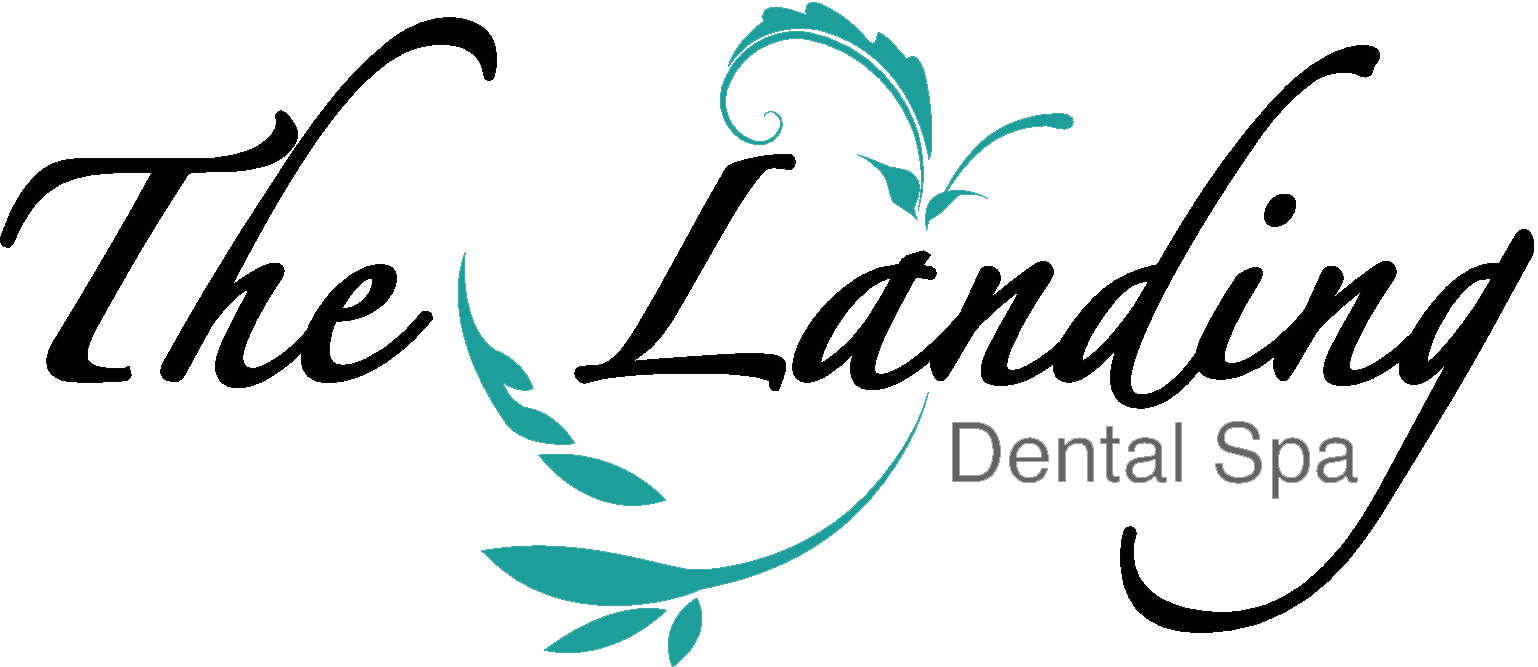No one wants to hear that they have a cavity. A cavity is a permanent hole in your tooth, resulting in sensitivity, pain, infections, and in some cases, tooth loss. But, even if you have a cavity, there is good news – most cavities are treatable, and there are various, simple steps you can take right now to prevent tooth decay in the future. Continue reading to learn more about the best cavity prevention methods to keep your teeth healthy and cavity-free.
BRUSH YOUR TEETH FOR TWO MINUTES, TWICE A DAY
Let’s start with the basics of cavity prevention: brushing your teeth. The American Dental Association (ADA) recommends the 2×2 rule: gently brush your teeth twice a day for two minutes each time with a soft-bristled toothbrush. That may sound like a lot of brushing, but this step is essential in preventing cavities. If you are struggling to pass the time, try listening to your favorite song or setting a timer for two minutes on your cell phone while brushing.
To learn more about brushing your teeth properly, check out our related blog, Teeth Brushing 101.
FLOSS YOUR TEETH DAILY
Another well-known and effective way to prevent cavities is flossing your teeth. The ADA recommends cleaning between your teeth every day. We know — most patients dislike flossing, but flossing your teeth only takes a few minutes, and it is one of the best practices you can to help prevent tooth decay, gum disease, and plaque build-up.
Read our related blog, How to Floss: A Step-by-Step Guide for Flossing Teeth Correctly, to learn more about flossing your teeth.
INCORPORATE FLUORIDE
Fluoride is a naturally-occurring mineral released from rocks into the soil, plants, water, and the air. Fluoride is proven to aid in cavity prevention for both adults and children and is commonly used in dentistry to strengthen tooth enamel.
Some ways to incorporate fluoride into your oral care routine include:
- Drink tap water: Fluoride is incorporated into the drinking water systems in many communities.
- Use dental products that include fluoride: Use fluoride toothpastes and mouth rinses with the ADA Seal of Acceptance.
- Get dental sealants: Dental sealants are thin, plastic coatings painted on the chewing surfaces of the teeth to prevent tooth decay.
To learn more about fluoride, check out our related blog: Fluoride and Its Benefits.
EAT HEALTHIER FOODS
What you eat and drink directly affects your teeth and gums. For example, foods and beverages high in sugar, like candy, cakes, doughnuts, soda, sports drinks, certain sauces, sugary gum, and other non-nutritious snacks contribute to tooth decay.
The ADA recommends drinking plenty of water and consuming various foods from each of the five major food groups to ensure a balanced diet and prevent cavities. Of course, if you are on a special diet or have food restrictions, you should consult with your doctor or dietitian on the best healthy foods for you.
To learn more about how to cut back on sugar, read our related blog, 5 Steps to Minimize Your Sugar Intake to Protect Your Oral Health.
STOP SMOKING
Most people are aware that smoking is harmful to their overall health. Still, they may not be aware that smoking can cause many dental-related problems like bad breath, tooth discoloration, tooth decay, gum disease, oral cancer, and more. If you would like to begin the journey to stop smoking, talk with your dental team and doctor; they can help you create a plan to quit that works for you.
To learn more about the dangers of smoking nicotine and using smokeless tobacco products, check out our related blog, Dental Risks Associated With Smoking.
VISIT YOUR DENTIST REGULARLY
Dental exams are an essential part of preventive dental care. Preventive dentistry is the practice of taking care of your teeth to keep them happy and healthy. Preventive dentistry aids in the prevention of cavities, gum disease, enamel wear, gingivitis, and periodontitis. Our dentists recommend that all individuals schedule regular checkups with their dentist, typically every six to 12 months.
If you begin developing symptoms like a toothache or sensitivity, your dentist might treat you for a cavity. If treated early enough, you won’t need to go through extensive treatment, but the longer you wait, the more work the tooth will need. Hence why regular dental visits are essential.
Read our related blog, Scared of Getting Cavity Fillings? Here’s What to Expect, to learn more about cavity treatment.
CAVITY PREVENTION | THE LANDING DENTAL SPA
If you are prone to cavities or have questions about cavity prevention, we invite you to make an appointment at The Landing Dental Spa. Located in Morgantown, West Virginia, our relaxing environment is sure to calm and soothe you as our caring staff adequately treats you. For a comfortable, relaxing, and spa-like dental appointment, call us today at 304-594-2200 or contact us online here. We look forward to making you smile!


Recent Comments